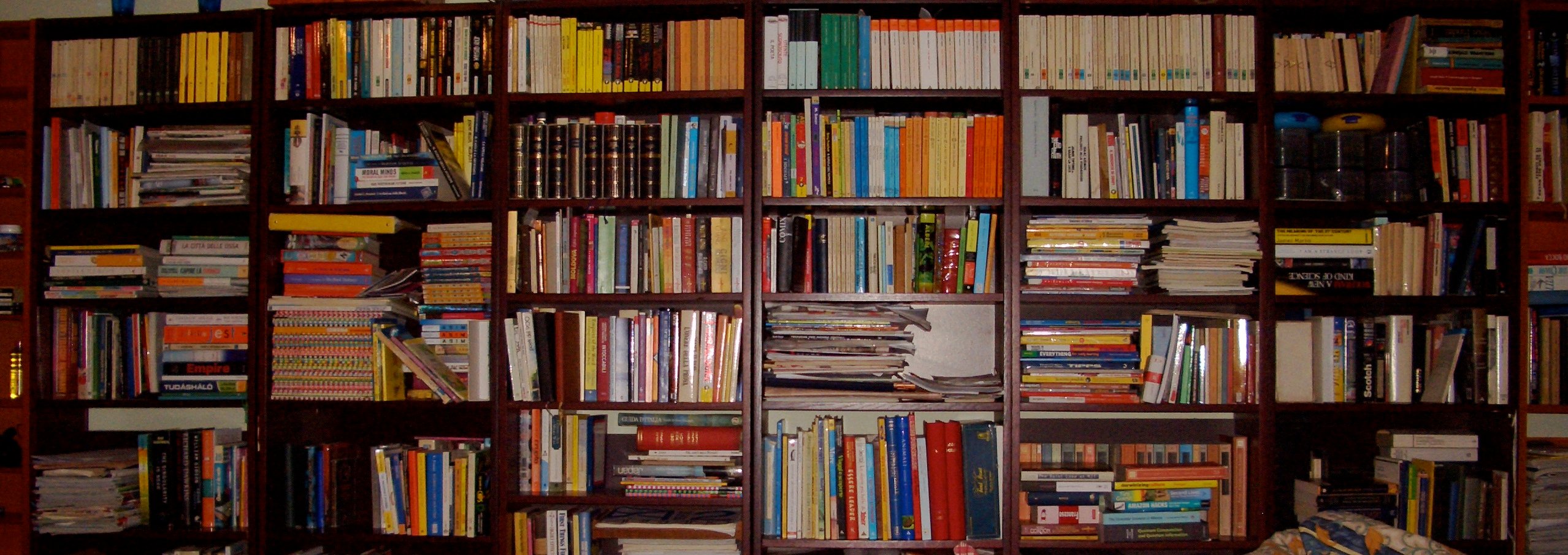This summer my friend and I went on holiday together. Her bag was lightweight, full of clothes and swimsuits, whilst mine was half-packed with books. At the beach, she would whip out her Kindle, whilst I was balancing a weighty tome in my hand, trying not to drop it on my face and probably injure myself in the process (I was reading American Wife by Curtis Sittenfield, which at over 500 pages, could have done some damage). Smugly, my friend pointed out that she could read basically any book in the world on her tiny Kindle whilst I lugged about a miniature library in order to entertain myself during the many days we spent sunbathing. She had a point, of course, and for the last decade or so many people have made the swap from physical books to their electronic cousins.
Last year, however, saw 212 million print books sold in the UK, the highest number of sales in over a decade. But why are people returning to print books despite the fact that they are more expensive, more inconvenient and less portable than e-books? I’m sure the lockdowns and people’s whole-hearted attempts to get back into reading played a large part, but why did the general public decide to buy print books specifically? I think there’s just something special about holding a book in your hands, something unique and timeless that isn’t replicated in a e-book.
There is, of course, the opportunity reading provides to escape the glare of a screen for a while. Getting lost in the turning of pages is also a nostalgic act for many whose reading habits have probably petered out since childhood. But there’s also something to be said about the book as an actual, physical object. The rise of the internet has meant saying goodbye to a lot of the physical paraphernalia of our hobbies. Our music, our books, our films, our TV shows are all now online. I think people want to have actual things that represent the art and culture they love. They want to be able to browse through their own library of books, reminded of the time they read that book and the person who gave them that novel for Christmas. Just like with vinyl, people want to be able to see and touch the art that inspires and moves them rather than just be able to access it invisibly through the Cloud.
There is also the showy element of owning print books. A book in your hand as you wait at the bus stop and a bookshelf crammed to the brim with classics are both signs of curiosity and intelligence. If you walk around with a copy of A Little Life under your arm, you’re declaring that you’re emotional, complex and clever enough to read super long books. A copy of Pride and Prejudice and you’re a sentimentalist, an old soul, and a romantic at heart. The shiny, grey rectangle of a Kindle is anonymous – you could be reading anything from Eat, Pray, Love to Crime and Punishment. Print books make it so much easier to announce your bookish snobbery loud and clear.
The print book also allows you to have a different sort of reading experience to one you would get with an e-book. The physical book has a certain smell, margins to scribble in, pages to dog-ear and sentences to underline. The books become yours, an extension of yourself. That isn’t to say that there isn’t something magical about other forms of reading too. The audiobook, for instance, can envelop you in a fictional world in a totally different way. I can still remember listening to David Tennant’s fantastic reading of the How to Train Your Dragon books as a child. He would roar to mimic the dragons’ cries, bellow for the Viking chief and whimper in fear when the protagonist was afraid. Audiobooks can be magical too.
But in a world full of podcasts and background TV, it’s quite nice to have an entirely non-electronic hobby. Just you and the book. Try and think of your favourite book right now. Chances are, it’s not one tucked away in the corners of your electronic library but rather one you can picture in your mind’s eye.
Loving reading is, of course, loving the words on a page. Loving the print book is something a little more complex; it’s loving the turning of the page, the lending of your battered copy to a friend, the placing of the book on a bookshelf which encapsulates your interests. Even if, on that beach with my friend, her Kindle was more practical, it was also less joyful. After she swiped the last page, she was finished with her book. When I opened American Wife again a few months later, at a café table, a tiny little stream of sand trickled out from between the pages, immediately taking me back to where I first read it and the memory of being on holiday with my friend. Print books become artefacts of our lives, tied to specific places and people and forming a physical representation of who we are and who we want to be.
Image Credit: David Orban // CC BY 2.0
For Cherwell, maintaining editorial independence is vital. We are run entirely by and for students. To ensure independence, we receive no funding from the University and are reliant on obtaining other income, such as advertisements. Due to the current global situation, such sources are being limited significantly and we anticipate a tough time ahead – for us and fellow student journalists across the country.
So, if you can, please consider donating. We really appreciate any support you’re able to provide; it’ll all go towards helping with our running costs. Even if you can't support us monetarily, please consider sharing articles with friends, families, colleagues - it all helps!
Thank you!






